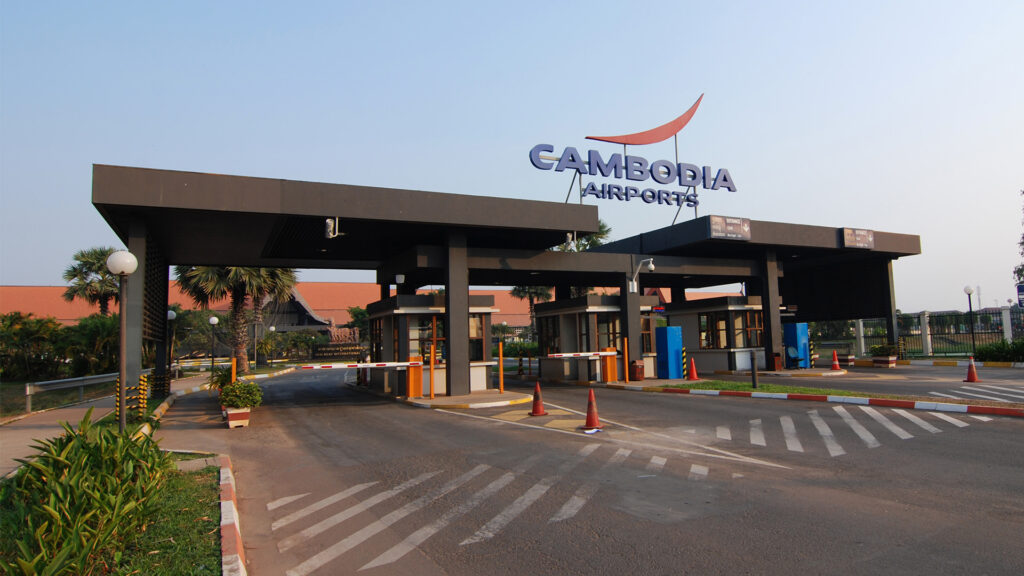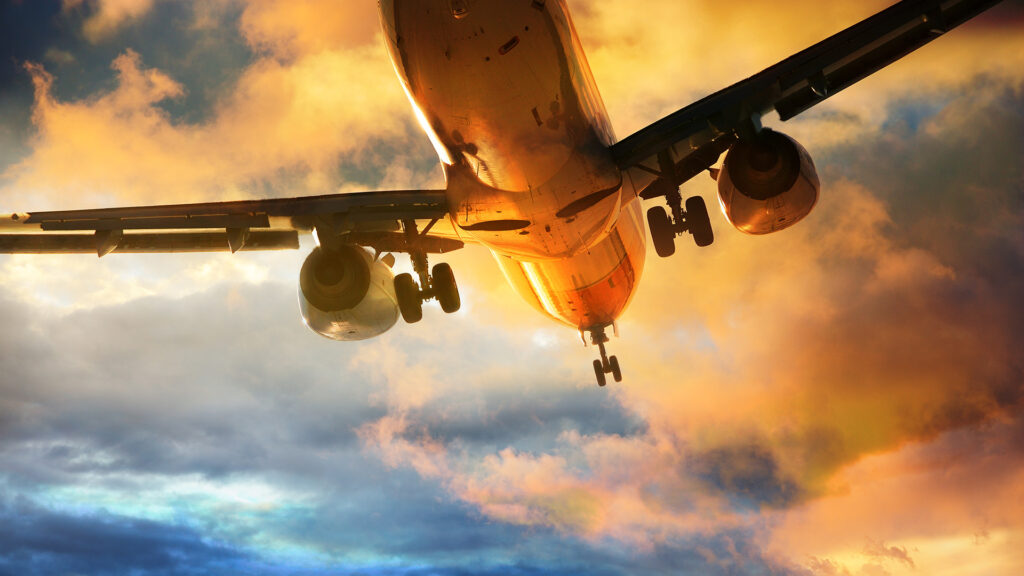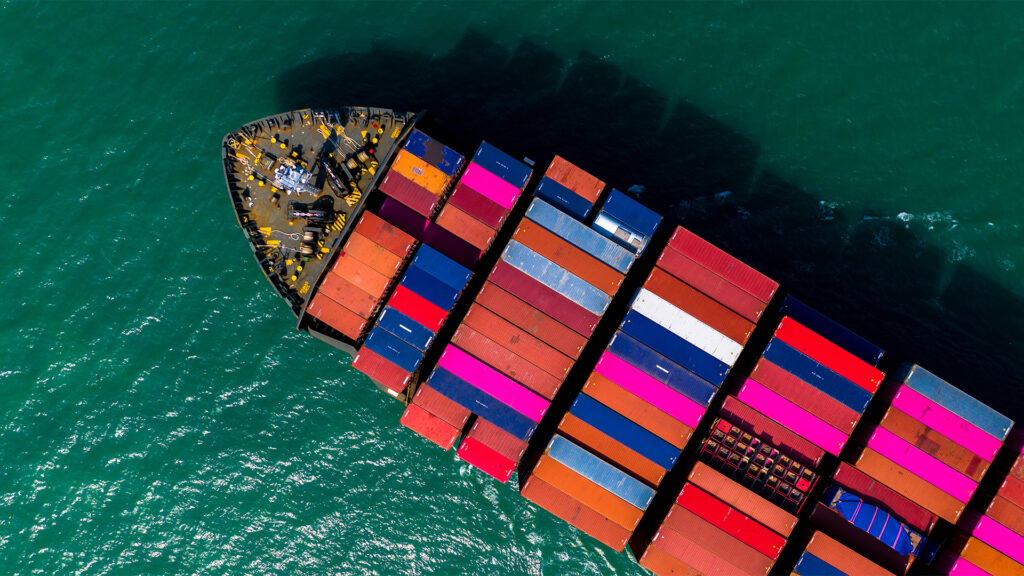
Bright gleam of victory – Brazil: International Conventions to prevail in international carriage by air liability disputes, November 2017
The long awaited written judgments on the long awaited decisions of the Brazilian Supreme Federal Court (STF) on two landmark cases were finally handed down on 13 November 2017. While the result is positive news for airlines operating international flights to and from Brazil, a more detailed analysis of the judgments confirms our preliminary view1 that some challenges remain in the battle for the exclusivity of the Conventions in the determination of liability in carriage by air cases in Brazil.
The cases and judgments
The two cases, one involving Air France and the other involving Air Canada, are prototypical of the kinds of cases that have long affected air carriers operating in Brazil. The Air France case was a loss of baggage case during international carriage by air, where the Supreme Court was asked to decide whether the Warsaw Convention’s weight-based limits of compensation should prevail over the strict uncapped liability set out in the domestic Consumer Defence Code. The Air Canada case arose from delay during international carriage by air, where the claim was brought against the airline eight months after the Warsaw Convention’s limitation period had expired. Again, the Supreme Court was asked to rule on the prevalence of the two-year time limit of the relevant Convention over the five-year limit set in the Consumer Defence Code.
The majority decisions (9-2) are almost identical in their analysis of the legal issues arising in both cases and the final text of the court-agreed thesis, which lower courts in Brazil should now observe, is exactly the same and reads as follows: “Pursuant to article 178 of the Republic’s Constitution, the international rules and treaties delimiting the liability of passenger air carriers, especially the Warsaw and Montreal Conventions, prevail over the Consumer Defence Code”.
The Supreme Court’s thesis goes against the practice of Brazilian courts in recent years in passenger-related disputes in Brazil, where the Consumer Defence Code was almost always applied instead of the applicable international Conventions, despite their being duly ratified by Brazil and incorporated into the Brazilian legal order. This was a serious issue for airlines operating in Brazil, particularly international carriers, affected by the significant discrepancy of rules affecting their activities in Brazil, when compared with other jurisdictions.
This development represents a significant – and positive – shift. It seems to consolidate the theory that airline lawyers in Brazil had been advocating for many years; that courts must try to make compatible two constitutional enshrined tenets: consumer protection (Article 5, Federal Constitution) and the observance of international treaties on carriage by air (Article 178, Federal Constitution).
Implementing the compatibility exercise: what these judgments mean for airlines
However, in order to make these two constitutional principles (and the legislation that furthers them) compatible, something has got to give. We must therefore look at the detail of the decisions (namely the more substantive decision on the Air France baggage case) to see how the Supreme Court envisages this compatibility exercise being dealt with by the lower courts.
First of all, it is quite refreshing to hear the Supreme Court saying, in the Air France decision, that “consumer protection is not the sole directive that frames the economic order nor the sole constitutional imperative that must be observed by the law maker”. This is a very interesting comment and one that airlines, and other service providers in Brazil, will no doubt be quoting in their attempts to rein in a compensation culture, essentially based on the highly protective strict liability rules of the Consumer Defence Code, which many assert has established itself in Brazilian courts.
Secondly, and to balance this initial comment, the decisions make it clear that in no circumstances can the courts in Brazil accept a situation where the consumer is left defenceless. In an interesting obiter in the Air Canada decision, Minister Barroso clearly indicates that “if we determined that the Warsaw Convention leaves the consumer wholly exposed, then, yes, I think we would have to declare the Convention unconstitutional”.
Thirdly, the court determined, after briefly considering the scope of article 22 of the Conventions, that the Conventions’ limits of liability set therein are restricted to material damages. The STF concluded that since a special declaration of interest only enables the passenger to recover the real value of the belongings that make up the baggage, then the limits in the Conventions must be related solely to the tangible and intrinsic value of that baggage. In other words, the intangible moral damages, which make up the majority of damages in baggage disputes in Brazil, remain unlimited. This is perhaps the most important facet of the Air France decision and the one most likely to leave airlines and IATA (who intervened as amicus curiae) more frustrated with the STF decision.
That said, if we consider that cargo cases, to a large extent, were already being decided by reference to the Conventions’ rules, the fact that the Air Canada decision concedes to the specificity and exclusivity of the Conventions’ rules in carriage by air cases (namely with regard to the applicable limitation period) and that the Air France case opens the door to the limitations of liability set out in the Conventions prevailing in material damages cases, then it is reasonable to conclude that these recent decisions are indeed positive and may provide a stepping stone in relation to other cases, for example article 19 (Montreal Convention) delay cases and the way defences and burden of proof questions are to be examined henceforth by Brazilian courts.
We might therefore be tempted to say, as Winston Churchill famously did after the second battle of El Alamein, that “this is not the end. It is not even the beginning of the end. But it is perhaps the end of the beginning”.
For further information, please contact any of the following:
Fernando Albino
Partner, São Paulo
T +55 (11) 3179 2900
E fernando.albino@hfw.com
Jeremy Shebson
Partner, São Paulo/London
T +55 (11) 3179 2900/+44 20 7264 8779
E jeremy.shebson@hfw.com
Aileen Camacho
Legal Consultant, London
T +44 (0)20 7264 8534
E aileen.camacho@hfw.com
Giselle Deiró
Legal Consultant, São Paulo
T +55 (11) 3179-2909
E giselle.deiro@hfw.com
Mariana Somensi
Senior Associate, São Paulo
T +55 (11) 3179 2900
E mariana.somensi@hfw.com
Footnote
Download a PDF version of ‘Bright gleam of victory – Brazil: International Conventions to prevail in international carriage by air liability disputes, November 2017’











